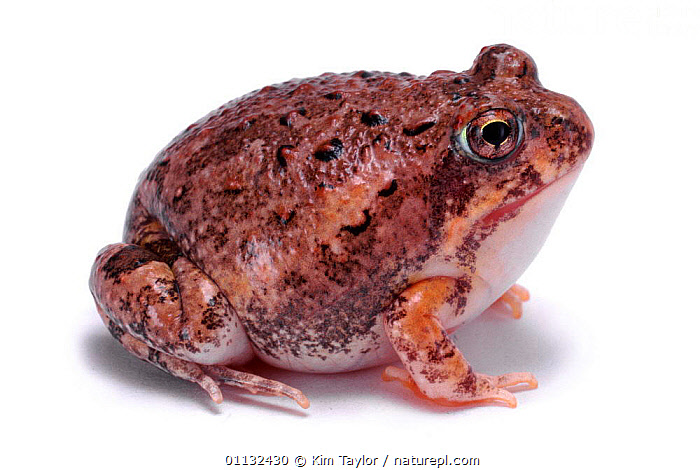Locate Your Perfect Rain Frog for Sale: Dive into the World of Unique Amphibians!
Locate Your Perfect Rain Frog for Sale: Dive into the World of Unique Amphibians!
Blog Article
Common Health Issues in Reptiles: Signs And Symptoms and Solutions
In the intricate globe of reptile treatment, comprehending the typical wellness concerns that may impact these unique animals is extremely important in ensuring their wellness. From breathing infections that can quietly take hold to metabolic bone diseases that can disable, reptiles are prone to a series of conditions that call for keen observation and timely treatment. Whether it's grappling with parasitic problems, browsing dehydration issues, or attending to skin disorders that show up in refined means, being in harmony with the signs and geared up with the knowledge of reliable options is important for any kind of reptile proprietor. By delving better right into the subtleties of these wellness concerns and discovering the functional treatments readily available, one can guard the wellness and vigor of these fascinating pets.
Respiratory Infections
Breathing infections in reptiles can considerably influence their total health and wellness and require prompt focus from experienced veterinarians. In reptiles, respiratory infections can be particularly challenging to detect and deal with due to their one-of-a-kind composition and physiology.
Treatment for respiratory system infections in reptiles usually includes a mix of helpful care, such as keeping appropriate humidity levels and temperature level slopes in the enclosure, along with targeted drug to address the particular pathogen responsible for the infection. It is essential for reptile proprietors to monitor their family pets very closely for any kind of indications of breathing distress and look for vet care at the earliest sign of an issue. With prompt intervention and appropriate therapy, lots of reptiles can recoup completely from respiratory system infections and return to regular tasks.

Metabolic Bone Disease
What elements add to the advancement of Metabolic Bone Disease in reptiles?
Metabolic Bone Disease (MBD) in reptiles is largely triggered by an absence of correct calcium, phosphorus, and vitamin D3 levels in their diet plan. Furthermore, insufficient direct exposure to UVB light prevents reptiles from manufacturing vitamin D3, which is critical for calcium absorption and bone health and wellness.
Various other adding factors to MBD consist of inappropriate temperature slopes within the reptile's habitat, leading to decreased metabolism and damaged calcium absorption. Not enough humidity levels can likewise influence a reptile's ability to metabolize calcium properly. Specific reptile species have certain nutritional requirements that, if not fulfilled, can boost the likelihood of developing MBD. Regular vet examinations, correct husbandry methods, and a balanced diet regimen are important to prevent Metabolic Bone Illness in reptiles.
Parasitic Problems
Parasitical invasions posture a substantial wellness threat to reptiles, influencing their general wellness and requiring punctual veterinary attention. Reptiles can be affected by numerous parasites, consisting of termites, ticks, inner worms, and protozoa. These parasites can create a series of signs, such as weight loss, sleepiness, skin inflammation, diarrhea, and even death if left neglected.
One usual bloodsucker discovered in reptiles is the mite, which can cause skin anemia, inflammation, and tension. Ticks are one more exterior parasite that can transfer conditions and cause pain to the reptile. Interior bloodsuckers like worms and protozoa can result in digestive issues, poor nutrition, and compromise the reptile's immune system.
To identify a parasitic invasion, a vet may do fecal examinations, skin scrapings, or blood tests. Treatment usually includes deworming medications, antiparasitic baths, or in serious situations, hospitalization. Preventative measures such as regular veterinary examinations, correct hygiene, and quarantine procedures for brand-new reptiles can aid decrease the danger of parasitical invasions and make certain the health of reptile pets.
Dehydration and Hydration Issues
Dehydration in reptiles can dramatically affect their health and wellness and well-being, demanding timely treatment and appropriate hydration management. Reptiles are prone to dehydration as a result of various elements such as inadequate water intake, high environmental temperatures, and specific wellness conditions. Symptoms of dehydration in reptiles consist of sunken eyes, lethargy, loss of skin elasticity, and lowered urination. If left unattended, dehydration can bring about severe health concerns and even be deadly to the reptile.
To avoid dehydration, reptile owners ought to make certain that their animals have accessibility to tidy water in all times. The water dish should be huge sufficient for the reptile to soak in if needed, especially for species that soak up water via their skin. Additionally, maintaining proper humidity degrees in the reptile's enclosure and providing regular bathrooms can assist avoid dehydration.
In cases of dehydration, it is critical to seek vet care without delay. A veterinarian may provide liquids either by mouth or via injections to rehydrate the reptile. It is necessary to address the underlying reason of dehydration to stop reoccurrence and make sure the reptile's overall wellness.
Skin Disorders

Conclusion
Breathing infections in reptiles can considerably influence their general wellness and need timely interest from knowledgeable vets (rain frog for sale). Preventative actions such as routine vet examinations, proper hygiene, and quarantine treatments for new reptiles can assist lessen the threat of parasitic invasions and guarantee the health of reptile pet dogs
If left without treatment, dehydration can lead to severe health issues and also be fatal to the reptile.
Regularly evaluating your reptile for any modifications in skin color, texture, or appearance can assist in early discovery and treatment of skin ailments, promoting the general wellness and wellness of your flaky buddy. - rain frog for sale
In final thought, reptiles are susceptible to numerous health concerns such as respiratory system infections, metabolic bone condition, parasitic problems, dehydration, and skin ailments.
Report this page